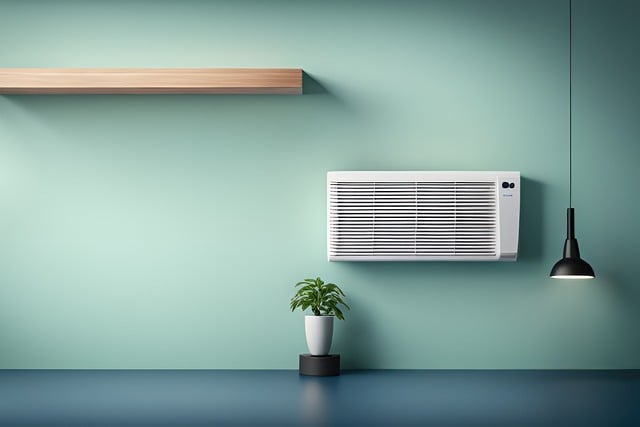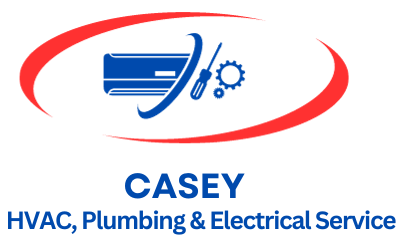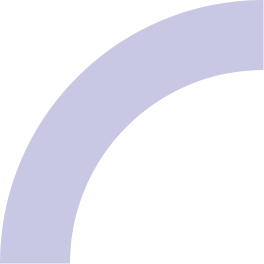
The frequency of HVAC filter replacement depends on several factors, including the type of filter you’re using, the level of indoor air pollution, the presence of pets, and the overall usage of your HVAC system. Here are some general guidelines:
Standard Filters (1″ to 3″ thick):
- Every 1-3 Months: Most standard fiberglass or pleated filters should be replaced every 1 to 3 months. This is suitable for average homes without significant air quality concerns.
High-Efficiency Filters (MERV 11-16):
- Every 2-6 Months: Filters with higher MERV ratings capture more particles, including smaller ones. They may need replacement every 2 to 6 months, depending on your specific environment and usage.
Reusable Filters:
- Every 2-3 Months: Washable or reusable filters need regular cleaning and should be replaced every 2 to 3 months.
Electronic Filters:
- Every 3-6 Months: Electrostatic or electronic filters may need replacement every 3 to 6 months, along with regular cleaning.
Factors Affecting Replacement Frequency:
- Air Quality: If you live in an area with poor outdoor air quality or have indoor air quality concerns, you might need to replace filters more frequently.
- Pets: Homes with pets tend to have more airborne particles like pet dander, requiring more frequent filter changes.
- Allergies: If anyone in your household has allergies or respiratory conditions, more frequent filter replacement can help maintain cleaner air.
- Usage: How often your HVAC system runs impacts how quickly the filter gets clogged. If your system runs consistently, you might need to change filters more often.
Remember that these are general guidelines, and it’s important to check your manufacturer’s recommendations and consult your HVAC professional for guidance. Regular filter replacement not only ensures better indoor air quality but also helps your HVAC system operate efficiently and extends its lifespan.
You can count on our team to offer you electrical emergency service since we are open 24/7. Call us now at (973) 207-4301!

